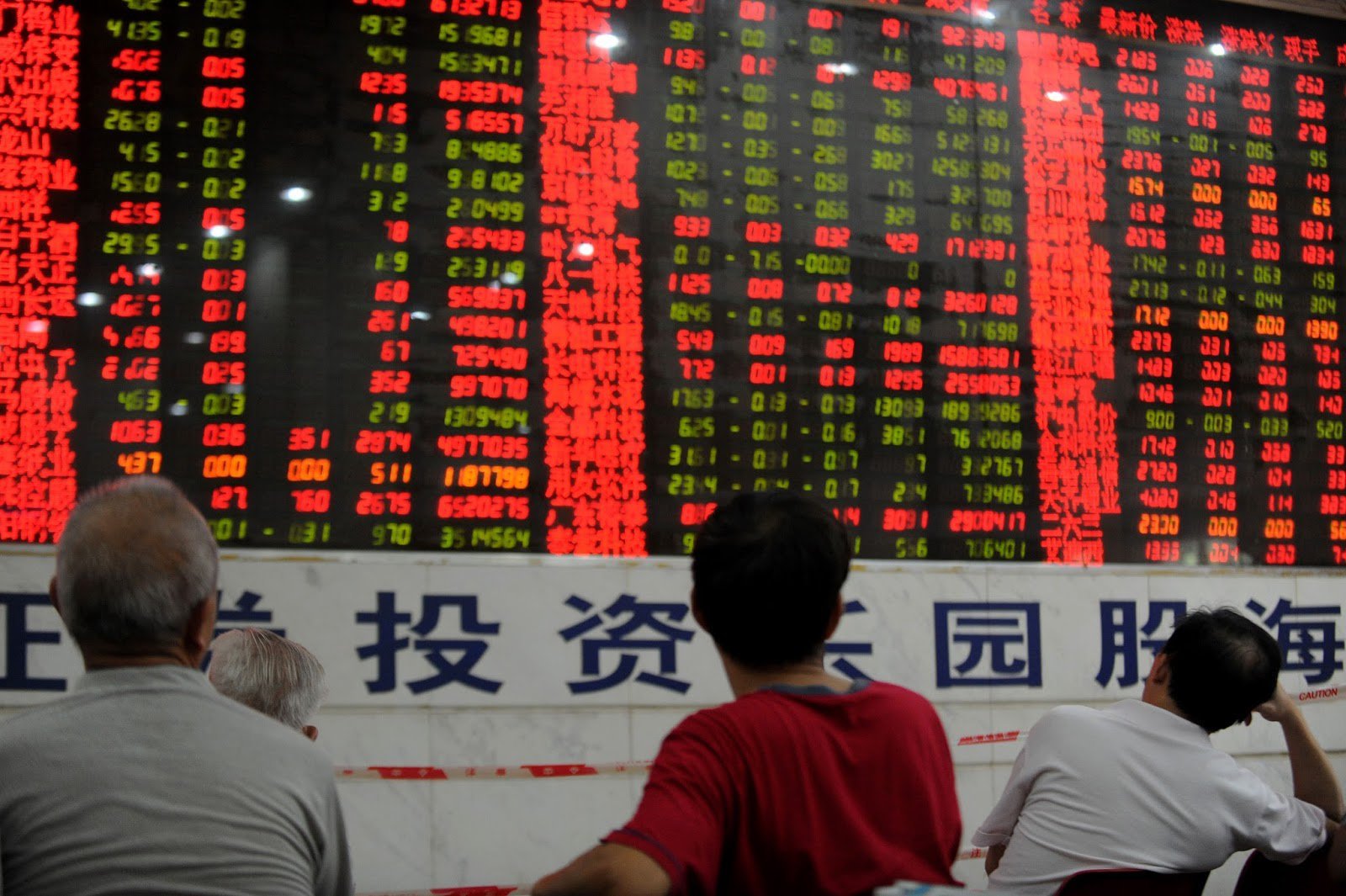The situation in Gaza has spiraled into a full-blown humanitarian catastrophe, and frankly, the numbers are sickening. Since the complete blockade imposed by Israel on March 2nd, essential aid has been choked off, leaving the population to face unimaginable suffering.
World Food Programme data reveals a staggering 1400% surge in food prices in Gaza since the start of the year. Let that sink in. 1400%! This isn’t just inflation; it’s engineered desperation.
We’re talking about a single potato costing 5 Shekels (around $1.30, or 10 Yuan) in makeshift markets. But the truly horrifying figure? A 30kg bag of flour – a staple for survival – is now trading for a mind-boggling $500 to $600 (approximately 4000 Yuan). It’s economic warfare disguised as military conflict.
Understanding the Root of the Crisis: A Deeper Dive
Blockades, in their essence, are tools of control, restricting the flow of goods and people. However, when applied to essential resources like food, they morph into instruments of collective punishment. This is fundamentally unethical and violates international humanitarian law.
Supply and demand is a basic economic principle. The severe scarcity triggered by the blockade has created an explosive increase in demand, while supply is virtually nonexistent, thus triggering prices to become outrageous.
Food insecurity doesn’t just mean hunger; it fuels instability, disease and the breakdown of social order. The long-term consequences of this crisis will be felt for generations. We need immediate and unimpeded access for humanitarian aid – and a serious reckoning with the policies that have brought us to this point.






